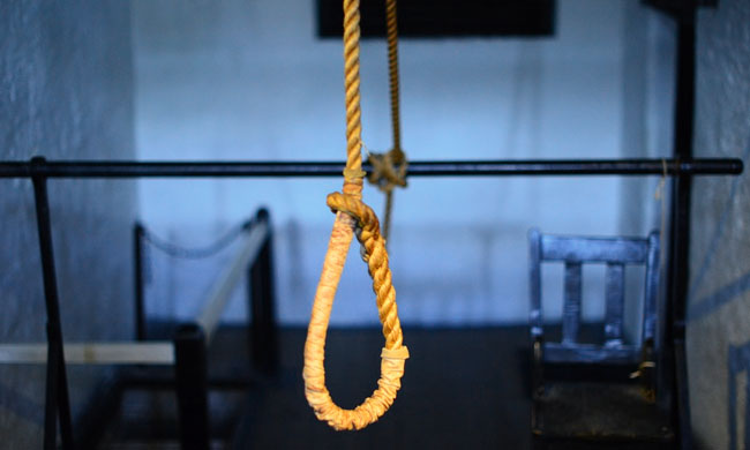Death Penalty Sentencing in India's Trial Courts: Confusion in the Apex Court Wreaks Havoc in Courts Below
LIVELAW NEWS NETWORK
14 May 2020 11:57 AM IST

Project 39A at National Law University, Delhi has released a study analysing trial court death penalty judgments from Madhya Pradesh, Maharashtra and Delhi during the period 2000-2015
Next Story


